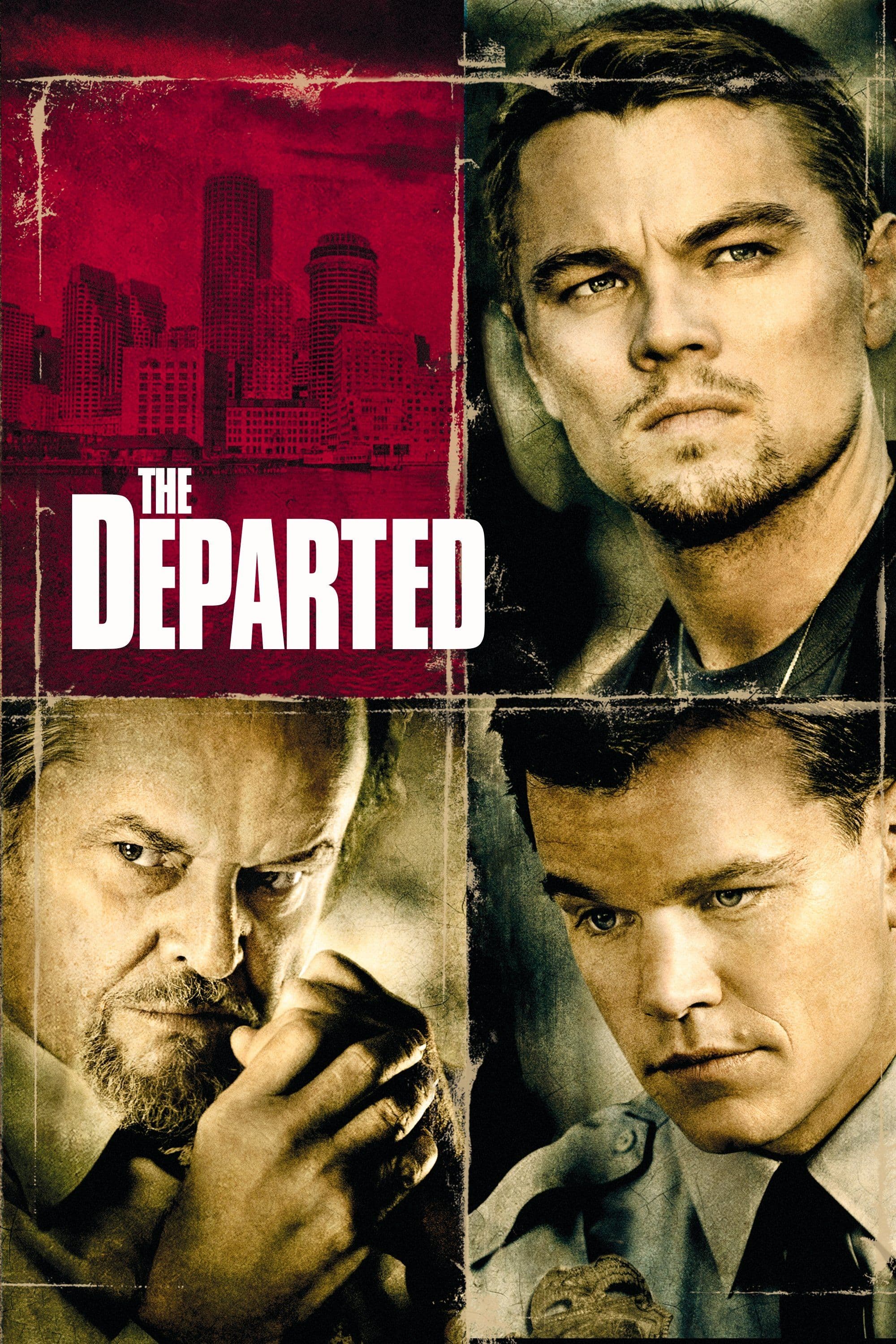
The Departed
2006
Rate this movie
Average: 0.00 / 5
(0 votes)
Director
Martin Scorsese still has the magic touch of his Raging Bull and Taxi Driver days, and he proves it with a sumptuous film. A work that is not merely a return to the genre that made him famous, but a dizzying immersion into the darkest pulsations of the human soul, orchestrated with the visceral mastery that has always distinguished his cinema. The sumptuousness resides not only in the richness of the staging or the breadth of a stellar cast, but in the emotional density and moral complexity that permeate every frame. Here, Scorsese recaptures the feverish nervousness of his 1970s masterpieces, grafting onto it a narrative maturity and aesthetic awareness that make The Departed an explosive crucible of violence, paranoia, and disillusionment, painted with thick brushstrokes of raw realism and tragic lyricism.
Credit must also be given to the great screenwriting work of William Monahan, who, so to speak, transposed a 2002 film by Wai-Keung Lau titled Infernal Affairs, set in Hong Kong, into a Western context. Monahan's operation is not limited to a mere geographical transliteration; it is a true cultural re-contextualization, grafting the narrative architecture of the Asian thriller onto the fertile and teeming ground of Irish-American Boston. If the Hong Kong original explored the fluidity of identity in a context of rapid social and urban changes, the Scorsesean version delves into the deepest roots of a stratified city, where ethnic loyalty and institutional corruption form an inextricable web. Monahan successfully infused the script with authentic jargon, verbal brutality, and street cynicism that resonate perfectly with the Scorsesean imaginary, transforming a universal story of double-dealing into a drama deeply rooted in a specific microcosm: that of criminal New England and its law enforcement perpetually on the brink of a moral abyss.
The story is that of two police officers with opposing destinies. One is Colin Sullivan, a brilliant recruit who rapidly rises through the ranks of the Boston police department, but is corrupt and secretly acts as an informant for mob boss Frank Costello. The other is Billy Costigan, an Irishman from the slums, infiltrated in a secret operation within Costello's gang. The two will intertwine destinies and lives in a breathtaking crescendo of events leading to the final showdown, an inexorable descent into hell marked by palpable tension that grants the viewer no respite.
An immense Nicholson as Costello; the scene in which he appears to Costigan completely smeared with blood and speaks to him with demonic subtlety has already become iconic. His performance is not merely an interpretation, but a true explosion of primordial anarchy, an embodiment of the most visceral and seductive evil. Costello is a mythological monster, a Shakespearean tyrant who manipulates with the sadism of a demiurge and the distorted wisdom of a nihilistic prophet. Nicholson, with his unmistakable sardonic laugh and penetrating gazes, appropriates the character with an almost improvised freedom, delivering moments of pure terror and grotesque hilarity. The aforementioned scene, where his blood-stained face takes on the contours of a ritual mask, is a pinnacle of his art: it is not just a powerful image, but the visual manifesto of contamination, of violence that insinuates itself under the skin and corrodes every semblance of normality. It is the quintessence of chaos, the personification of a rotten system that allows no escape.
The psychological framing of the two protagonists is brilliant, a dualism that is the narrative core of the film. On one side, the cunning Sullivan; on the other, the nervous Costigan. The union and distinction of their two identities offers a compelling interpretative key. Leonardo DiCaprio and Matt Damon embody this schism with rare intensity. Costigan, portrayed by DiCaprio with vibrant physicality and an almost palpable neurosis, is the man forced to lose himself for a greater good, or perhaps for an illusion of justice, slipping into an abyss of paranoia where reality and fiction blur. Sullivan, to whom Damon lends an unsettling ambiguity, is the archetype of the man who ascends through dissimulation, a social chameleon whose true identity is a moral void. The film explores with surgical precision the psychological toll of living a double life, the constant terror of discovery, the progressive loss of one's essence. It is not merely a game of spies and infiltrators, but an investigation into the nature of identity itself: Are you what you pretend to be? Or are you destined to be consumed by the role you play? The film suggests an ineluctable fatality in this game of massacre, where the metaphorical 'rat' is both the traitor and the predestined victim, and the line between justice and criminality dissolves into a sea of compromises.
Paradigmatic in this sense is the scene where Sullivan deletes Costigan's identity from the database, effectively removing his person from the plane of Reality. An act not merely bureaucratic, but almost metaphysical, a symbolic purge that nullifies Costigan's very existence, condemning him to a non-life of ghosts and secrets. This scene condenses the film's central theme: the fragility of identity, its dependence on formal records, and its potential annihilation in a world where truth is a negotiable commodity. The film is a dark reflection on endemic corruption that spares no institution, on violence as a lingua franca, and on the disillusionment that awaits anyone who tries to distinguish themselves in a rotten system. The atmosphere is tense, claustrophobic, emphasized by the tight editing of Thelma Schoonmaker, Scorsese's long-time collaborator, and by a soundtrack that, blending classic rock and Irish sounds, amplifies the sensation of an ineluctable urban drama. Even the city of Boston becomes a character, a labyrinth of alleys and neighborhoods that trap the characters in their own fate, an environment where spilled blood never fully dries.
A work that redefines the canons of the "mafia movie," an announced masterpiece that did not disappoint expectations. The Departed does not merely celebrate or denounce organized crime; it uses it as a lens to explore the moral decay that lurks in every layer of society, from street gangs to the highest echelons of the police. It is a film that, while drawing heavily from the genre's iconography, transcends it to become a work about the loss of innocence, the impossible search for redemption, and the cyclical nature of violence. The final sequence, in particular, with its almost glacial nihilism, seals a fate without escape, leaving the viewer with a sense of emptiness and the bitter awareness that, in this corrupt world, the 'rat' is always lurking, ready to re-emerge, perpetuating a cycle of betrayal and death. Its triumph at the Oscars, including Best Picture and Best Director, only cemented the status of this urban drama as one of the peaks of contemporary filmography, a black gem set in Martin Scorsese's crown, demonstrating that the master of American cinema still has much to say about the dark folds of the human soul.
Countries
Gallery

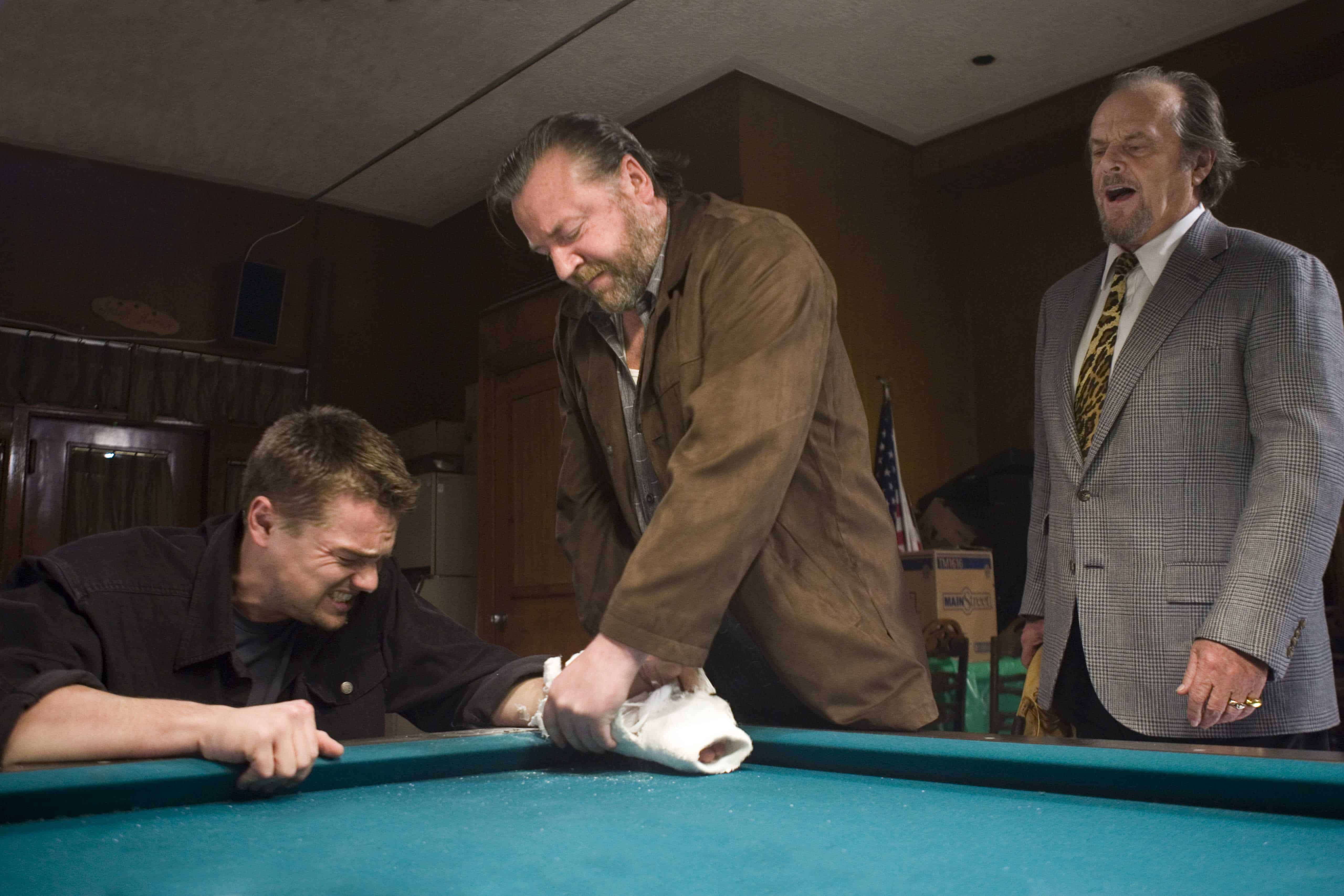

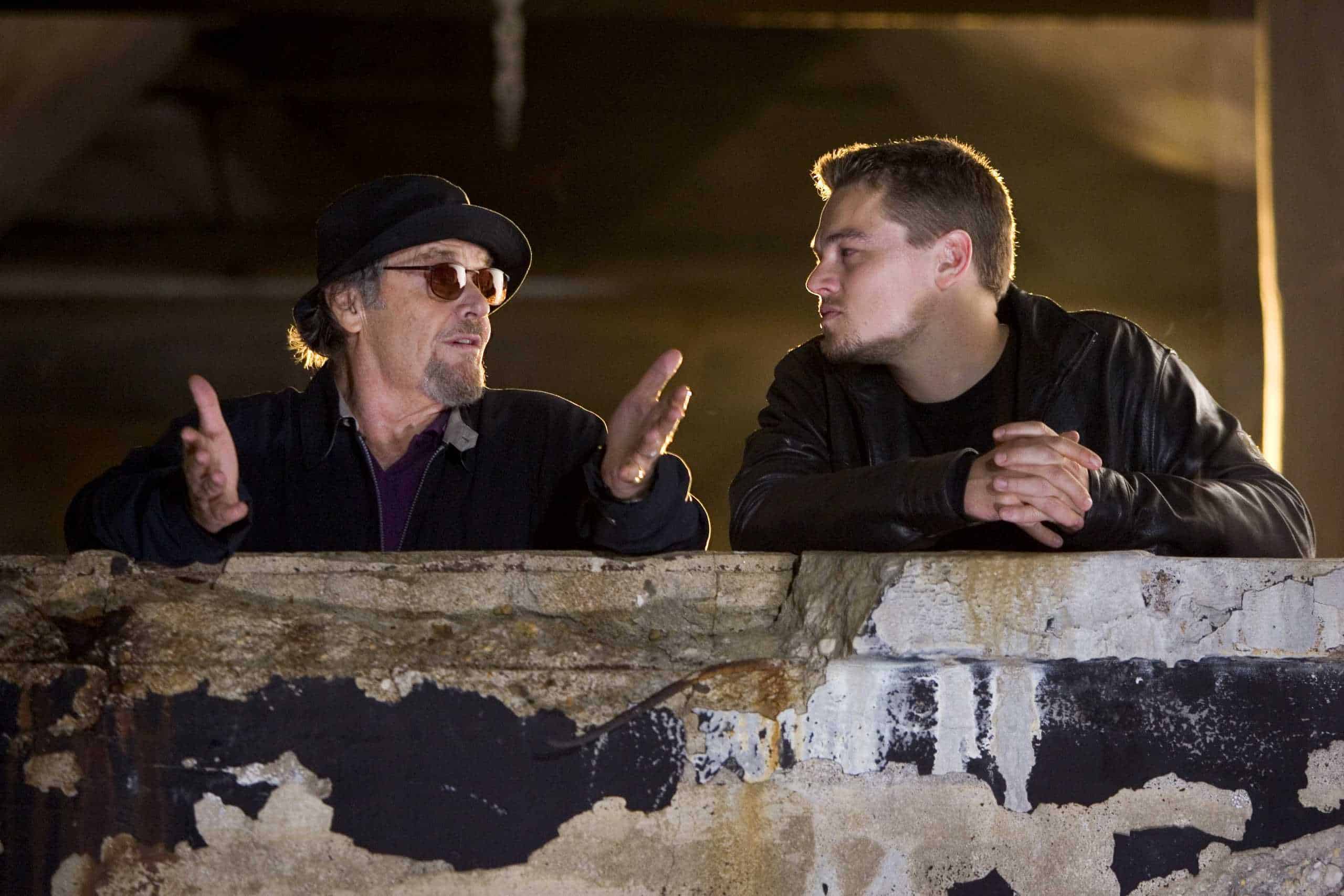



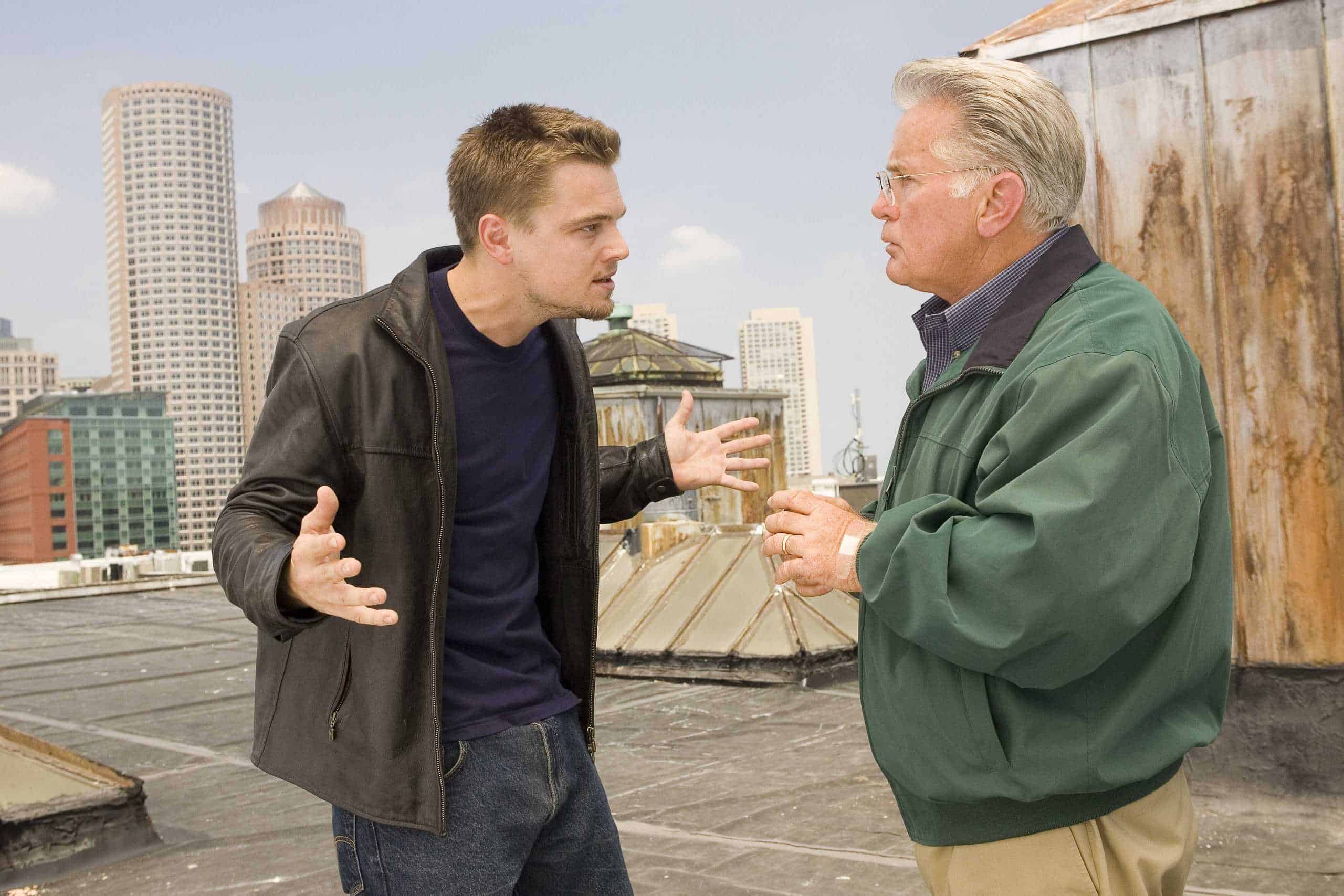

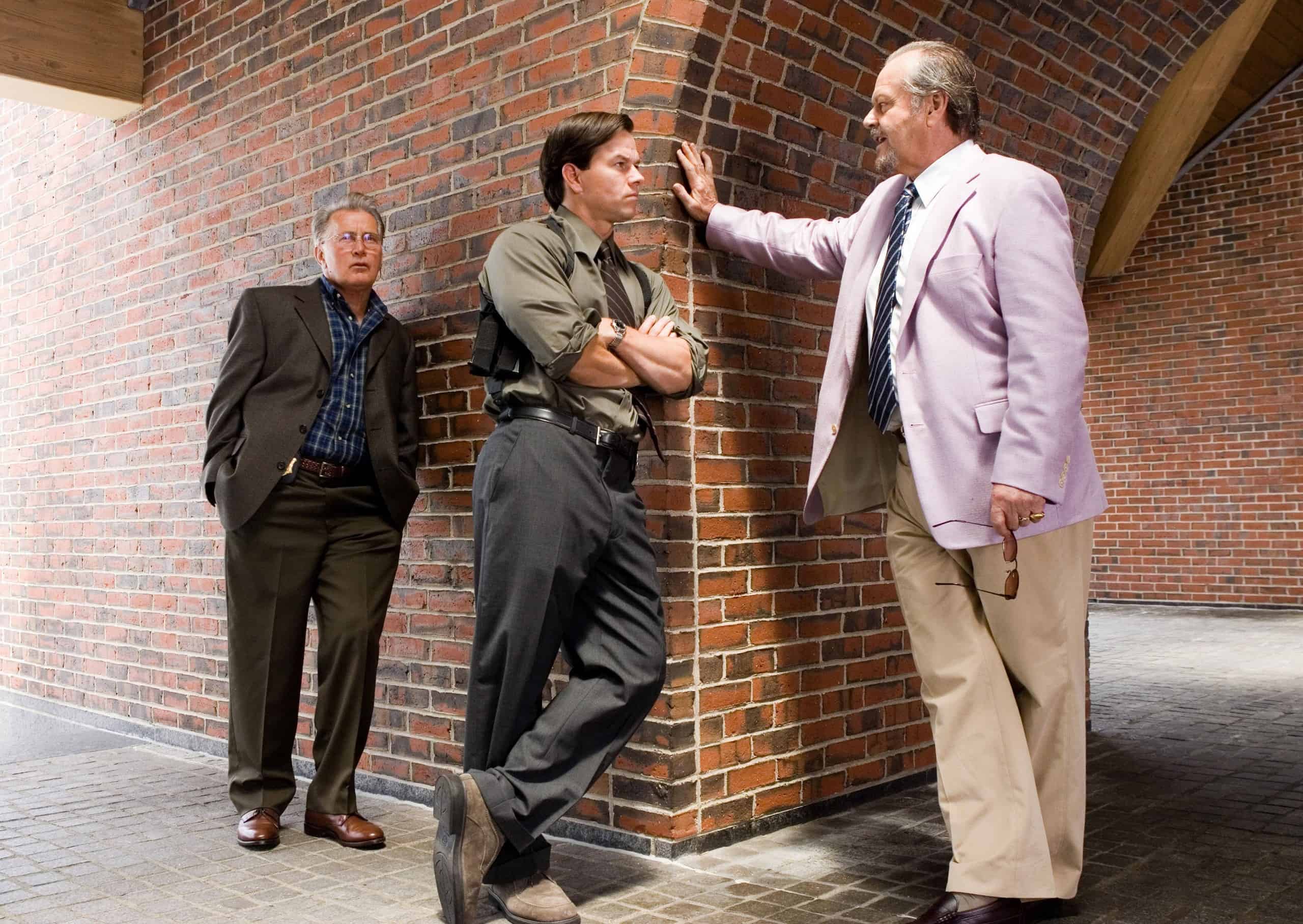
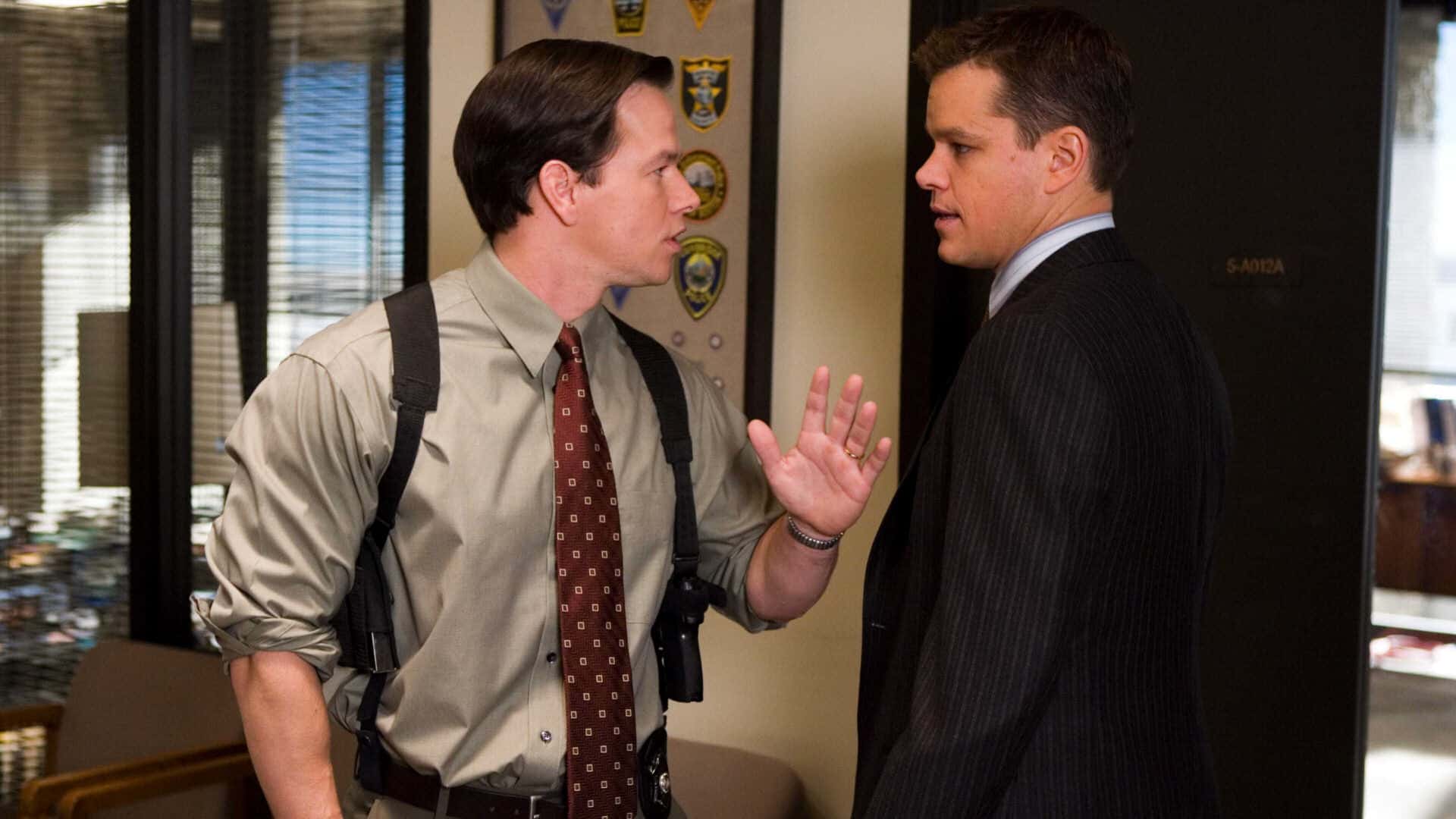
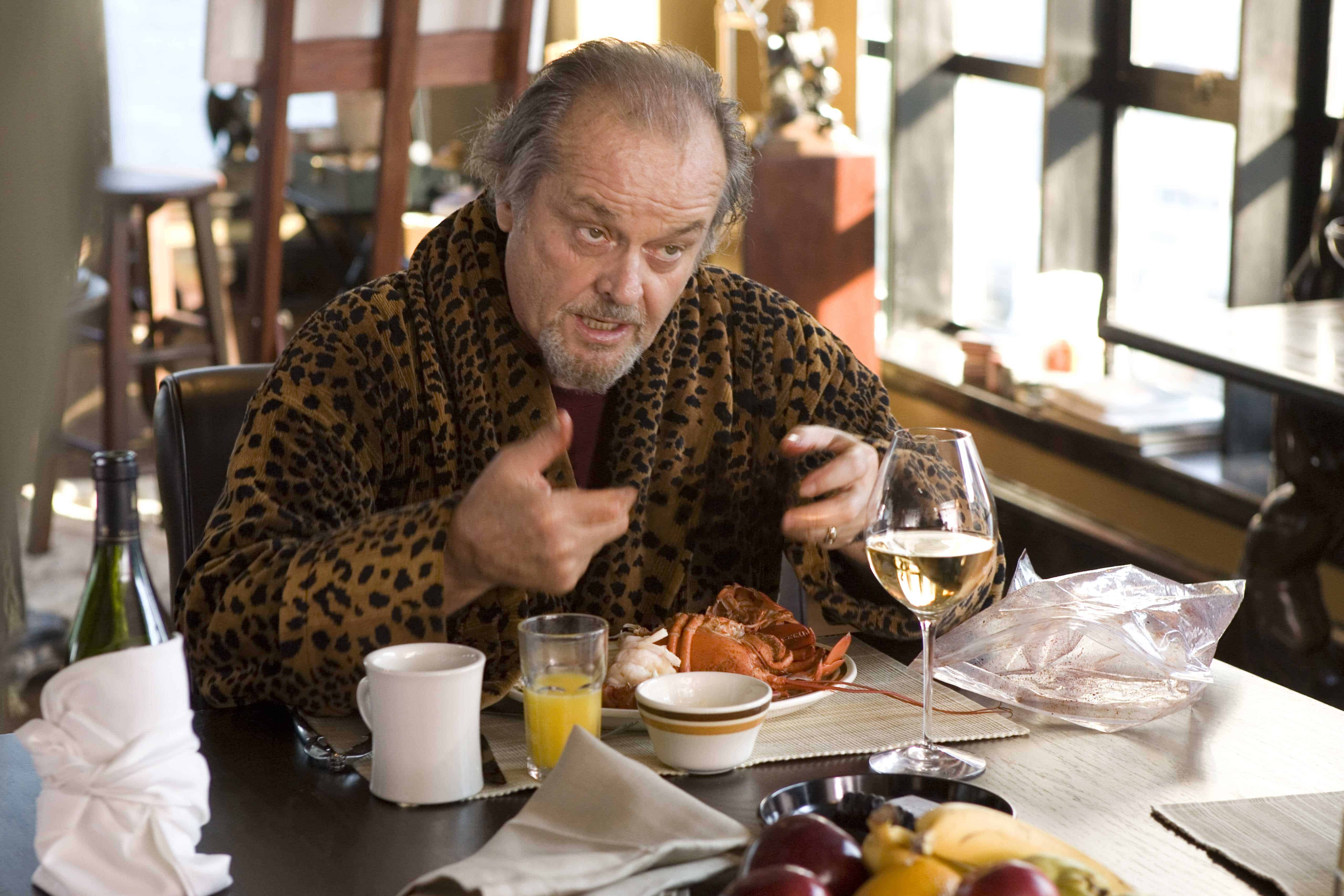
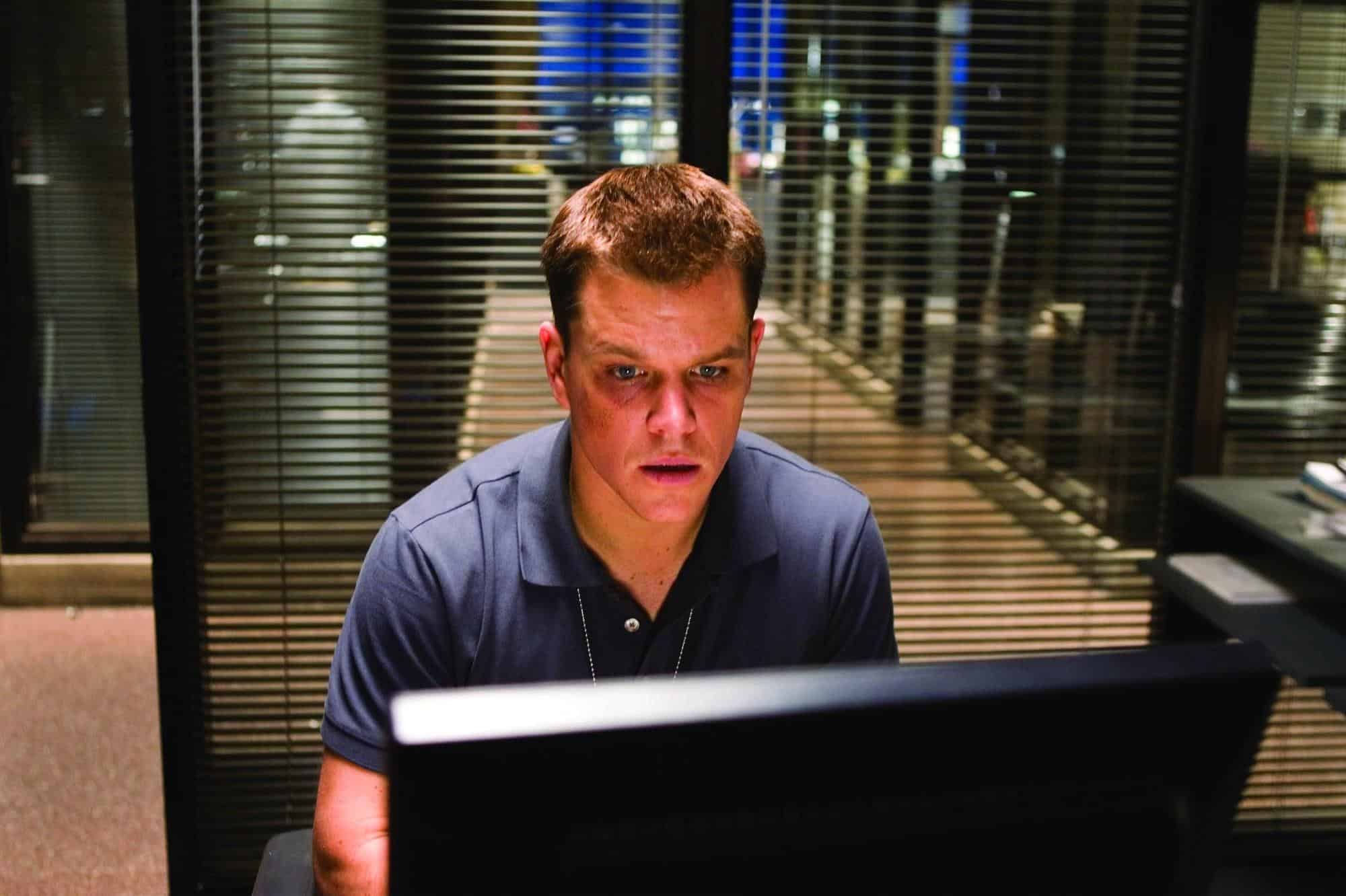
Featured Videos
Official Trailer
Comments
Loading comments...